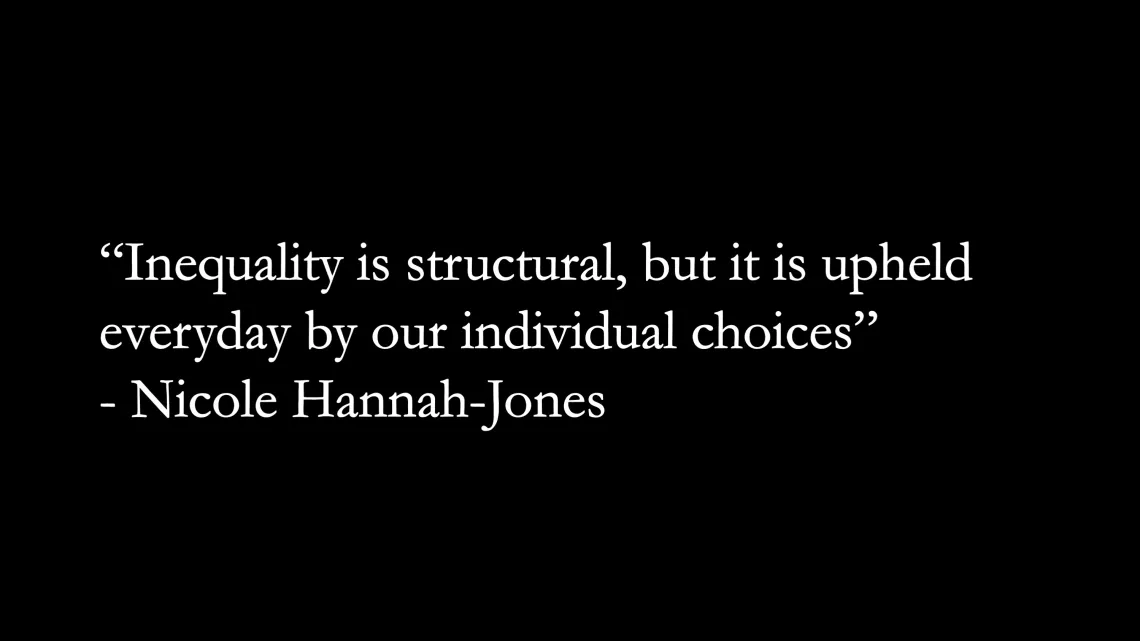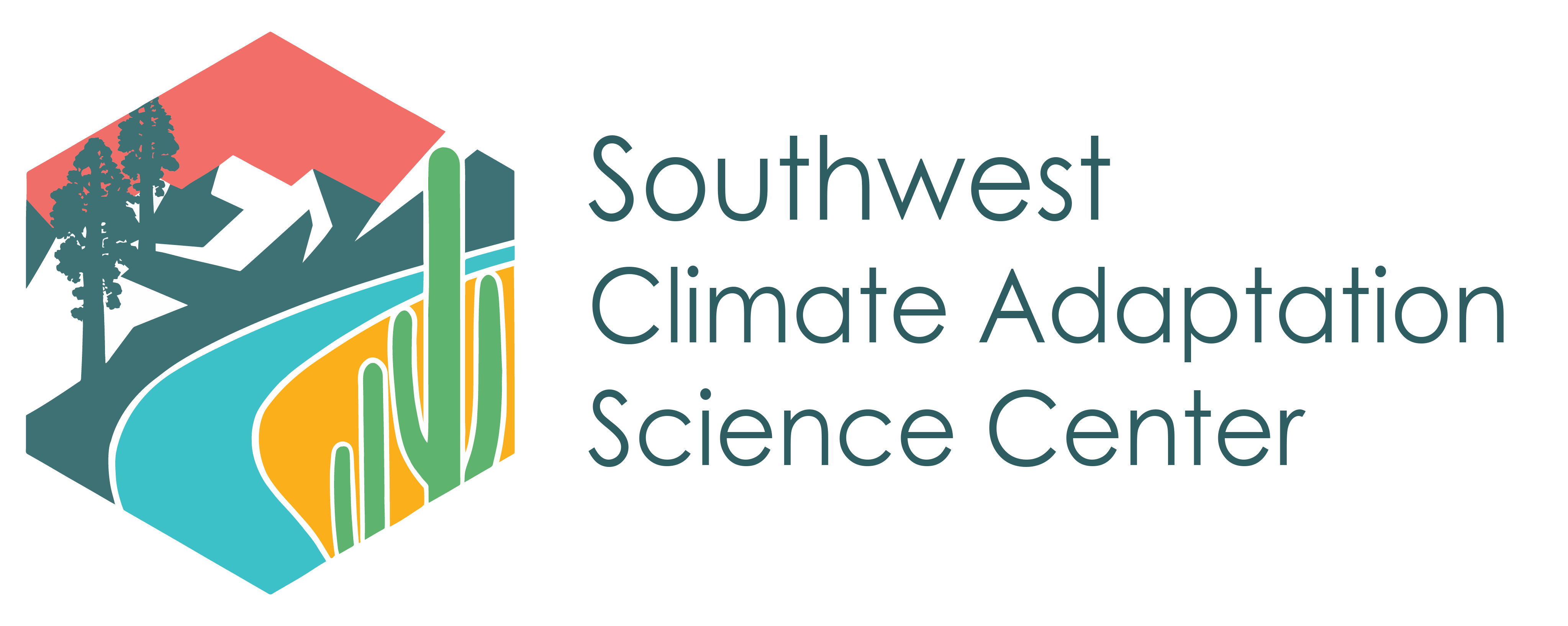Radically Reimagined: Reflecting on My Power and Privilege as an Earth Scientist

In the wake of the killings of Breonna Taylor, George Floyd, Ahmaud Arbery, Dominique Rem’mie Fells, and far too many others, the national conversation regarding racial justice and systemic racism has shifted in a profound way. Driven by the impeccable organization of the Black Lives Matter and Movement 4 Black Lives leadership, a national grassroots effort has emphasized a radical reimagining of what power and accountability could (and should) look like in America. Though much of the national conversation has focused on the deeply entrenched racist history of policing and the criminal justice system in the United States, the massive momentum of the moment has spurred dialog and action into far-reaching corners of society. These conversations demand that normative assumptions of ‘business as usual’ and the ‘status quo’ be challenged so to illustrate the pervasive scaffolding of modern society which props up whiteness above all else.
An extraordinary example of this leadership in the field of academia was seen in the collective #ShutDownSTEM, #ShutDownAcademia, and #Strike4BlackLives day of protests organized by the groups ShutDownSTEM, Particles for Justice, and VanguardSTEM. This collective, multi-identity, intersectional call to action challenged STEM professionals and academics to disengage from business as usual, cancel meetings, and take time off from research to take direct action against anti-Blackness and to #ShutDownAcademia for a day. For Black folks, whom the burden of tirelessly working towards change has disproportionately fallen on, this day was intended for rest, reflection, and other activities that ‘nurture the soul’. For non-Black individuals, particularly those who are white like me, this movement asked us to engage directly with eliminating racism by: 1) evaluating the role we play in perpetuating systems of racism, 2) studying the underlying structural inequities of higher education, and 3) most importantly, formulating a detailed long-term plan to stay engaged in this work, because one day of dedication and focus is certainly not enough. *More information about the Strike can be found here*
On June 10th, 2020, I began shaping my long-term plan, my personal call to action for engaging in work to remove and dismantle anti-Blackness and white supremacy. A natural starting place was examining my role as a climate scientist. I considered the ways in which I can use my privilege as a researcher to push back on normative western settler colonial science. For example, the solution to global warming--a problem wrought via natural resource extraction by means of the destruction, degradation, and removal of Indigenous Peoples from their land--is renewable energy technologies such as solar power, whose energy storage is made possible by Lithium mining, an extractive enterprise which results in the same destruction, degradation, and removal of Indigenous Peoples. Although I have an incredible amount of work to do, I found a bright spot in my role as a SWCASC NRWD Fellow.
The framework of translational science, upon which our Fellowship is based, is designed to promote mutual learning and an exchange of tools and resources between researchers and intended beneficiaries, a significant departure from historical ‘extractive’ (not used in a strictly geological sense here) and ‘savior’ styled research. Early in the process, in pursuit of examining both the impacts of and ability to mitigate against climate change in the southwestern U.S., the Fellows committed to holding Indigenous Peoples at the center of our work, to speak of the unique perspectives from which these individuals approach and are confronted with climate change, and ensure that the science we conduct is done in concordance with their needs and with their input.
We, as researchers, have an enormous privilege to shape narratives around our work, decide whose histories are acknowledged and whose are erased, whether science can or will be used to ‘save society’ or perpetuate and expound existing inequalities. We choose the context and lenses through which our work is viewed and with that comes an opportunity to push back against ‘business as usual’ westernized imperialistic narratives and gives us the power to radically reimagine what science should look like. It has been an honor to be a part of this Fellowship and to learn how to engage in socially responsible science from my peers and mentors. The process of dismantling white supremacy within and beyond the walls of academia is a lifelong one, and I’m grateful for the opportunity to engage in this work in the SWCASC NRWD Fellowship.

